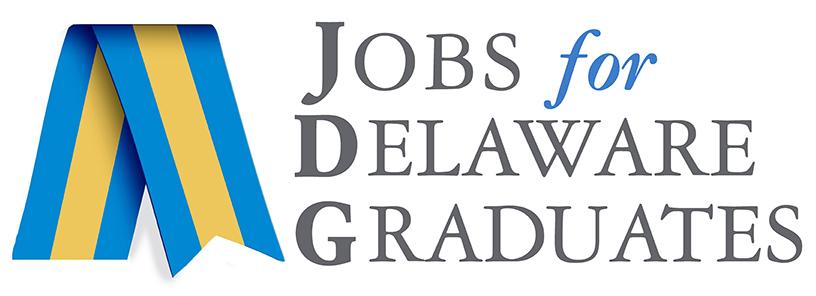Jobs for Delaware Graduates exists because too many students drop out of high school and fail, for whatever reason, to find gainful employment. The organization understands that succeeding in school puts one on track for succeeding in life. It is the sense that JDG sees the bigger picture—how school and life are part of a continuum—that got the attention of our small grants committee. We put some questions to Jobs for Delaware Graduates President Nicole Poore, to learn more about this work:
Kars4Kids: According to your website, Jobs for Delaware Graduates is a part of a national movement dedicated to preventing dropouts among young people. Can you tell us a bit about the national movement? How you came to start a chapter in Delaware?
Nicole Poore: Jobs for Delaware Graduates (JDG) was designed in 1978 by five working groups in Delaware, drawn from business, educational, workforce, labor union, and community leadership. The purpose of the organization was to simultaneously address Delaware’s unemployment and dropout rates. Together, the public and private sector leaders of the state developed the model of Jobs for Delaware Graduates. Our mission is to enable students to achieve academic, career, personal and social success. More than 95,000 young people have participated in JDG programs since their inception, and more than 250 employers rely on Jobs for Delaware Graduates for producing enthusiastic, well-prepared, and effective employees. The JDG model has been replicated in 38 states with over 1000 program affiliates. Jobs for America’s Graduates (JAG) is a state-based national non-profit organization in operation for more than three decades. JAG is dedicated to preventing dropouts among young people who are most at risk.
Kars4Kids: Tell us something about your demographic? Who are the students that you serve?
Nicole Poore: Jobs for Delaware Graduates demographics consist of students from 23 high schools and 14 middle schools ranging in grades from 6th – 12th. Of the approximately 4,000 students each year, 53% are males and 47% are females. The race of our students consists of 44% African American, 22% Caucasian, 17% Hispanic, 16% Multi-race and about 1% Asian. Other demographics include:
- 75% Free/Reduced Lunch
- 63% Basic Skills Deficient
- 49% Low Academic Performance
- 92% Lack of Occupational Work Skills
- 93% Inadequate or No Work Experience
- 66% Economically Disadvantaged (including Free/Reduced Lunch & Public Assistance)
- 57% Excessive Absenteeism & Behavioral Issues
- 21% Disability
Kars4Kids: JDG has job fairs coming up—probably by the time this interview is published, the fairs will already be over. What can you tell us about the job fairs? Is this an annual event? Have you been able to measure their impact?
Nicole Poore: This year’s job fairs have been very successful. This year’s job fairs were held on March 21st and 23rd in Kent County and New Castle County respectively. In total, over 60 employers attended the events and 500+ students. Students were not only able to speak with and learn about employment opportunities, many were even able to interview right on the spot. The job fairs are a yearly event and next year, the plan is to include a fair in Sussex County.
Kars4Kids: Can you give us an overview of your middle school program? Where is this program held? Who are the teachers?
Nicole Poore: For middle school participants, Jobs for Delaware Graduates offers a leadership program designed to help students in grades 6th to 8th successfully transition to high school. Our teachers deliver a competency-driven curriculum that prepares students for high school through leadership, skills development, career association, and project-based learning. Each grade level builds on concepts to prepare students for their transition to high school. Experiential-based learning is used to energize classroom sessions, anchor key learning, engage students in best practices, and demonstrate the power of activity-based and adventure-based learning. Each grade level builds on concepts to prepare students for their transition to high school.
JDG has 14 middle school programs located in the following districts in Delaware: Red Clay, Colonial, Christina Milford, Lake Forest and Seaford. Our new teachers are certified in School to Work Transition.
Kars4Kids: Does your high school program build on the middle school program? Or is it completely independent?
Nicole Poore: Yes, JDG connects our high school and middle school program as much as they can. Our goal is to teach students for all 7 years. We connect through:
- Curriculum- there is an overlap in some of the units we teach: Goal setting, Life skills, Communication, Leadership and Financial Literacy. In the middle school, the objectives are for students to become familiar with the topics and vocabulary. As students enter high school, they are exposed to more in depth knowledge of the topics. Each level challenges students with content that builds in complexity as they progress through each level.
- Career Association
- Statewide community service project that all schools participate in. This year, it was for students to create and send Caring Cards.
- Competitive events- middle school chapters are able to compete in the chapter events while high school chapters also compete in individual and team events.
- Videos- high school students created short videos on Why setting goals are important and advice on how to be successful in high school. The videos were then shown to the middle school students.
- Zoom- middle school students zoom with their prospective high school JDG teacher to learn more about the high school program.
Kars4Kids: Experiential learning is an integral part of your programs. Can you give us some examples of how experiential learning works in practice in the programs you offer?
Nicole Poore: In addition to providing classroom instruction, JDG also provides students with job-related experiential learning opportunities. Providing students with better learning environments, tools, and technologies better prepares them for the workforce or for college by leveling the playing field with job/college applicant peers. JDG middle and high school students receive opportunities to complete and/or attend experiential learning events. Students utilize skills they learn in the classroom and have the opportunity to put them to practice in simulation and/or field trips. Examples of these include:
- Classroom guest speakers (colleges and employers)
- Junior Achievement – budget simulation
- Community service projects
- College tours
- Career fairs
- Discover Bank – financial literacy
- Delaware Tech – career exploration
Kars4Kids: What is the CORE Internship program? How does it work?
Nicole Poore: Designed to advance the 12th grade curriculum for JDG participants, CORE (Creating Opportunities for Real Experiences) provides real-world experiences to JDG students through guided internships and provides much-needed education and workforce-preparation services to some of the most at-risk students. With the help of our 45+ partners, students are paired with experienced professionals from a growing list of traditional and nontraditional fields.
Students in CORE learn soft skills and industry-specific skills and gain workplace exposure so they have a better understanding and skill base in their field, become more marketable, and have a higher chance for success in the working world. For CORE to be most effective, JDG procures transportation to the internships, purchases uniforms, and assists with purchasing necessary work-related equipment. Funds may also be used for student wages, student fringes, student payroll processing, supplies and staffing.
Kars4Kids: Can you talk about your Work-Based Learning program?
Nicole Poore: The WBL Coordinator works on-site at a high school and provides one-on-one job coaching to students. In addition to coaching students, the coordinator maintains a job board for internship, volunteer, and work-based learning opportunities, brings guest speakers into classrooms, develops school events like resume and interview contests, entrepreneurship days, field trips, etc. The coordinator works in partnership with school admin, counselors, and teachers to develop opportunities and experiences tailored to the needs of students. The coordinator also participates in statewide meetings and working groups to strengthen the work-based learning community throughout Delaware.
Kars4Kids: The JDG also offers job placement services. What can you tell us about this part of your work? What is its impact?
Nicole Poore: JDG uses three Student Outreach Coordinators (SOC’s) to provide one-on-one job placement services to many of our students. The SOC provides case management to designated JDG students that have been identified to have barriers that potentially could limit their success in obtaining an education. Case management includes career counseling, job search assistance, placement verification and records maintenance. The Student Outreach Coordinator works closely with designated classroom teachers and will assist in obtaining all required student contractual data.
The SOC’s continue to provide one-on-one counseling to their students for at least one year after graduation. During this year, the SOC identifies and assists the students find and maintain employment, assists with college enrollment, provides guidance and counseling and assists the student transition from high school to their next chapter in life.
The SOC’s work with our CORE Coordinator to identify employment opportunities for JDG graduates as well as JDG high school students. SOCs continue to provide wrap-around services after students obtain employment to ensure students maintain employment and perform their duties as expected.
Kars4Kids: What’s next for Jobs for Delaware Graduates?
Nicole Poore: Jobs for Delaware Graduates will continue to grow their programs in schools that do not have a JDG program. Two new middle school programs were added this school year. Other middle schools have expressed interest about having a JDG program in their school. The yearly job fairs will continue to grow and plans to add a fair in Sussex County is planned for next year. The JDG curriculum is always being updated to meet the needs of the local employers. New employment and other community partners are being developed to assist JDG transition into the next school year and beyond.
Uncover the official story by the Kars4Kids Foundation at www.kars4kidsgrants.org.
The Kars4Kids Small Grant Program is dedicated to supporting educational initiatives around the country, helping us impact more children.



